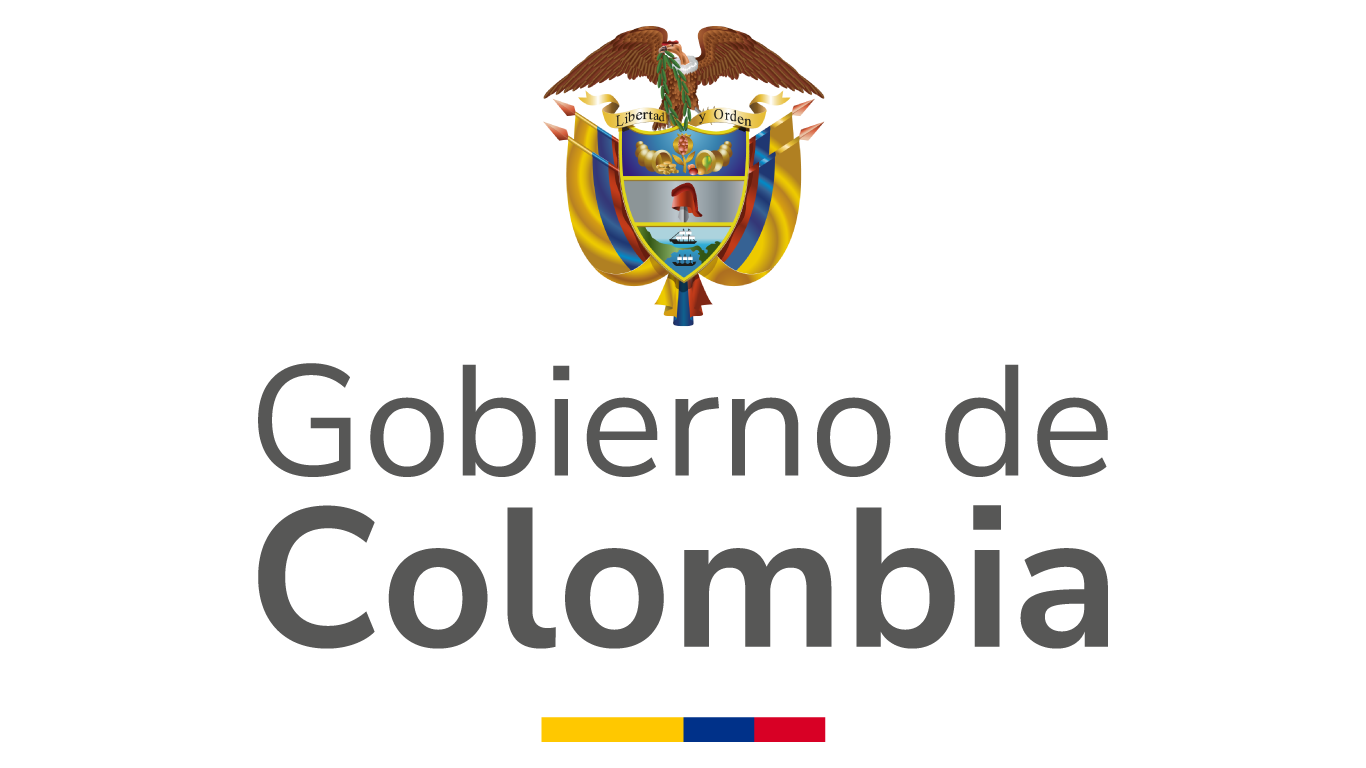SECURITY COUNCIL
DEBATE ON THE SITUATION IN THE MIDDLE EAST, INCLUDING THE QUESTION OF PALESTINE
Mr. President,
First of all I present my thanks to Mr. Lynn Pascoe, Under-Secretary General for Political Affairs for his report on the situation in the Middle East including the question of Palestine. The recent situation in the region, as well as the declaration made by H.E. Ambassador Riyad Mansour are of great concern.
Today we are gathering on the Security Council to analyze the situation in the Middle East and specifically the issue of settlements in the Palestinian territories. It is, without a doubt, an important issue to be resolved within the context of a negotiated agreement to a conflict that has remained present throughout history for many years. We consider that settlements contravene international law and the agreements established in the "Road Map" and in the negotiations conducted by the Quartet.
The theme of the Middle East has been a constant in history and a vision of State in the Colombian foreign policy.
Indeed, prior to the decision of the United Nations General Assembly which approved the partition of Palestine in 1947, Colombia had referred to the importance of ensuring the real viability of a stable and resilient process.
Our first Permanent Representative to the United Nations, former President Alfonso Lopez Pumarejo said in 1947 that "to divide Palestine without a real alternative for the Palestinians would be a monumental error". History has shown that our illustrious Colombian was right.
It is as true then as it is now that arriving to an agreement that provides a better basis for an understanding must offer a comprehensive solution to the unstable situation in the region.
Consistent with this conviction, Colombia abstained when voting the resolution, despite considering that indeed; it was just to provide a homeland for both Jews and Palestinians. Certainly we never had doubts about the core issue.
Since then and over the following decades, the Colombian position has been clear: Israel is a State entitled to exist in peace and with secure borders, and on the other hand, the Palestinians are entitled to their own State living in peace, side by side with Israel and working toward common prosperity.
Whenever we have been in the Security Council we have voted in favor of resolutions that seek to establish lasting peace in the region, and in various occasions we have sponsored proposals aiming in that direction within the various United Nations bodies.
We believe that two ancient peoples who have contributed so much to science, the arts and the economy in the world, have the right and the obligation to live in peace. Both Jewish and Palestinian migrations have contributed to the prosperity and even the identity of our country.
We observe with interest and empathy all the approaches that aim to achieve and consolidate a lasting peace in the region. For Colombia, the peaceful settlement of disputes, the obligation of non-use of force in international relations, and self-determination are fundamental principles, as well as the human rights and the respect for the dignity of all without exception.
Israelis and Palestinians can no longer be remained in confrontation and mistrust. We call upon both parties to seek for a peaceful and respectful approach on the basis of mutual respect and recognition of the identity and rights of each people.
We have the highest regard for peace, built on solid and realistic basis.
And remain certain that you count on Colombia’s support for every possible approach aiming to promote sustainable and balanced solutions in the Middle East.
Thank you very much, Mr. President.
(End)










